I have previously shared some details about the newly updated Portland Japanese Garden. I recommend visiting every season to see how it looks different, and so for autumn I visited the last week of October. This is a little later then I would suggest – peak fall color is usually the 2nd and 3rd week of October, but that’s the best my schedule can do, so what could I do? This meant by the time I arrived the famous Japanese maple tree was already naked, having shed its leaves already, but Fall at the Portland Japanese Garden is still gorgeous – here’s a look at my attempts to capture the visual memories I was seeing during my 1.5 hour visit.


One tip I can give is going to visit when the garden is at off peak times. This means when it just opens, during lunch, or shortly before it closes (the latter is which is what I did) – and on a weekday helps in reducing the number of people if you are looking for nature only shots like I was.
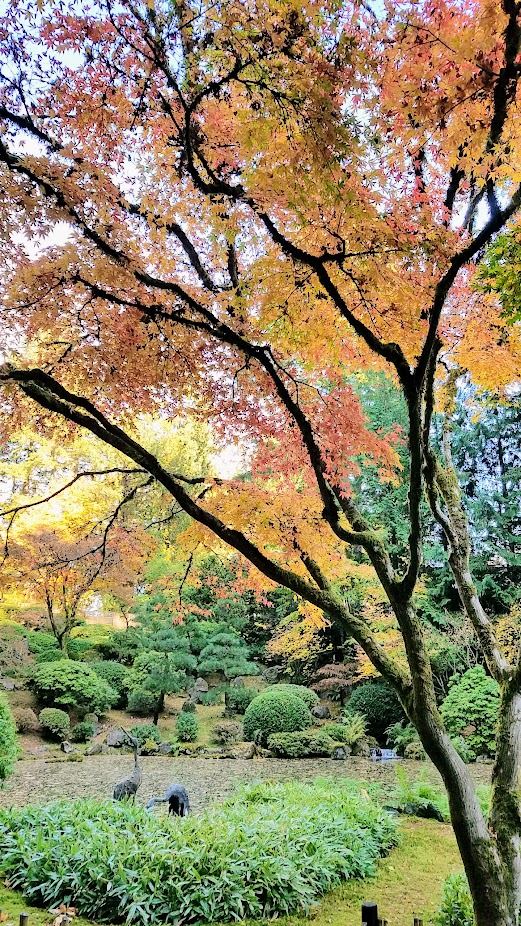
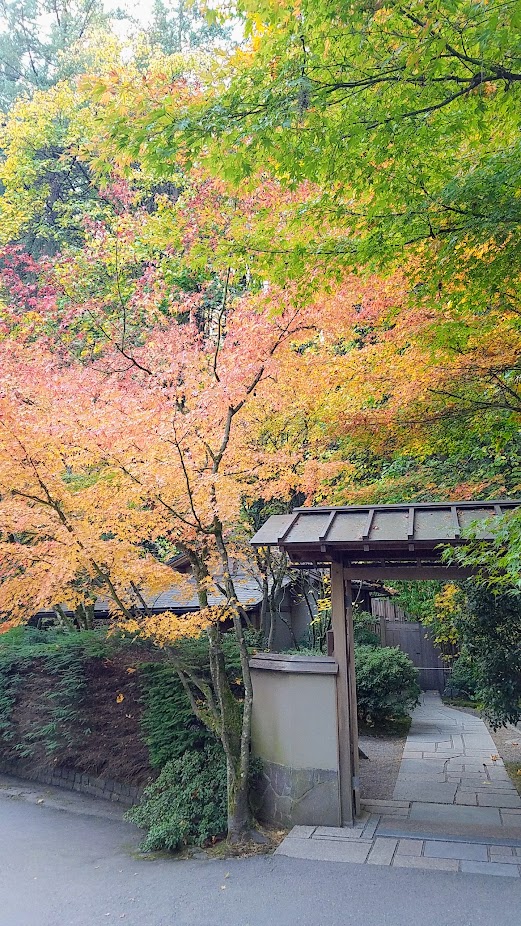

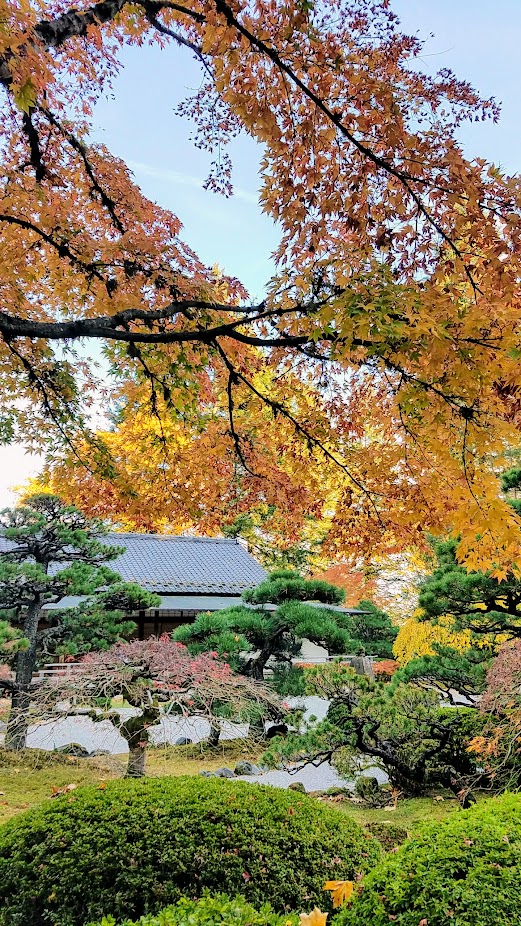
For fall colors though, you want side light no direct light, although lunchtime can still work if it’s overcast. So no need to wait for it to be a super sunny day to go out.


I’m also a fan of backlight, as you can see, or where the light is behind the leaves and you can see the colors but also through the leaves, which illuminates the color more.


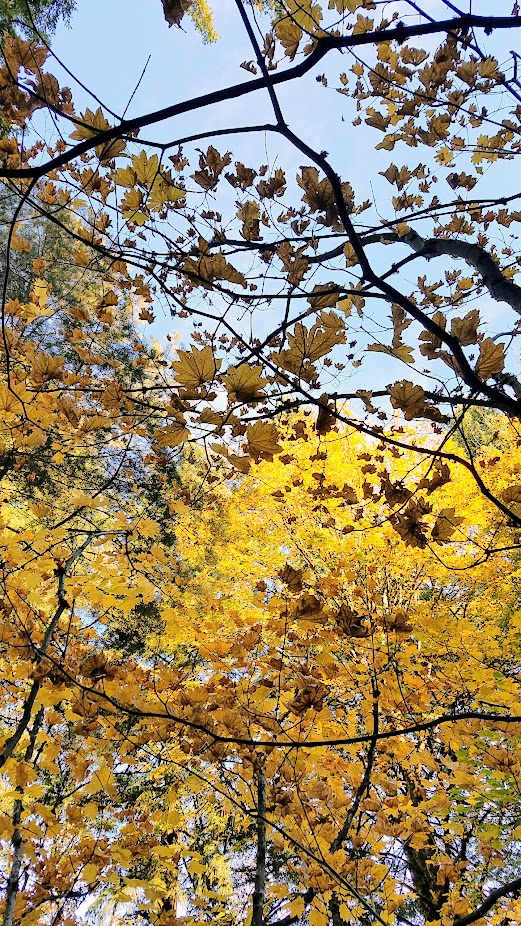

Remember to have a lot of patience in looking for shots by walking slowly, looking for opportunities, and looking through your screen and adjusting where you are or your angles. Look for natural frames, or details to add context and interest to contrast the leaves.




Finally, take some time where you just walk and enjoy without looking through a camera lens, there are some things that cannot be captured and you just have to experience, and some of the colors, and the sounds, and the feel of the sun and breeze you will have to capture mentally by pausing and trying to commit those details into your memory.
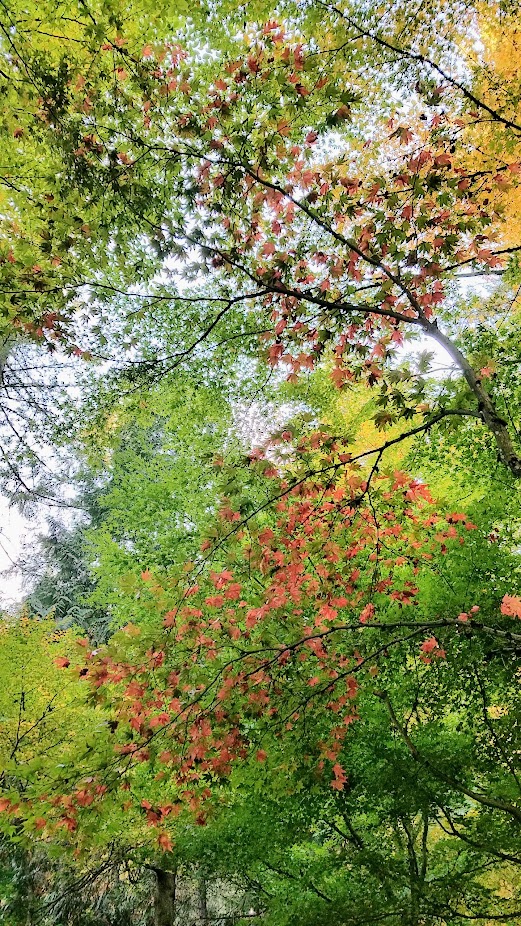
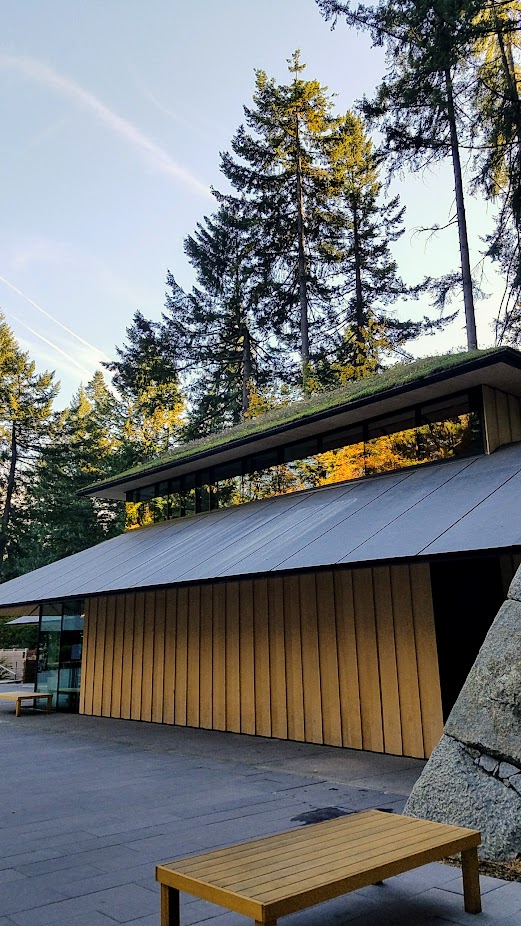
Besides the obvious gates that I like in Japanese gardens, I also like the moss and stairs.
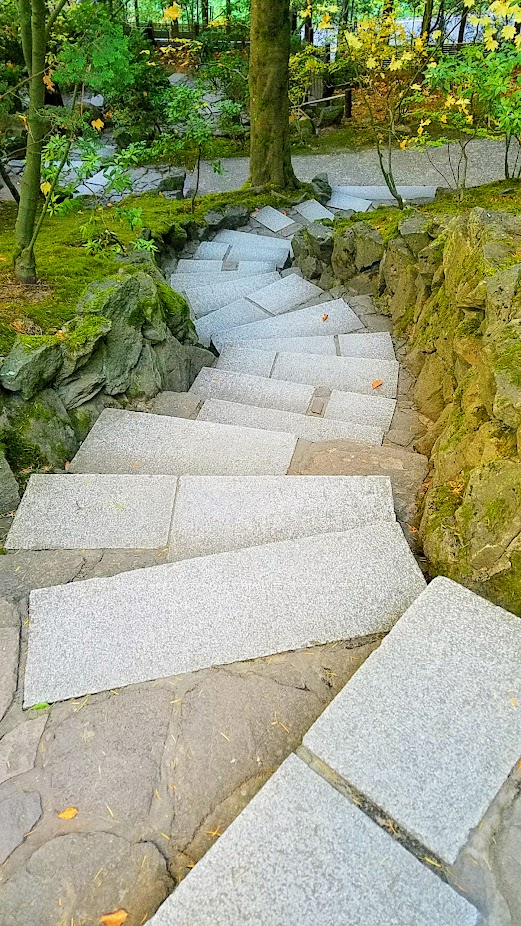
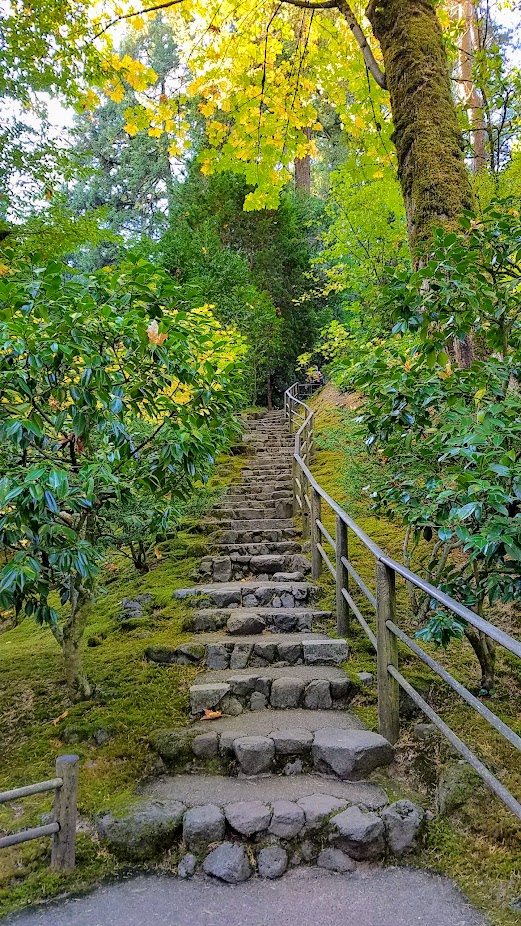
From mid October until early December, the Portland Japanese Garden has a new special exhibit in the Pavilion Gallery and the Tanabe Gallery (included in admission) called “Mirrors of the Mind: The Noh Masks of Ohtsuki Kokun”.


Noh masks are a Japanese tradition from the 14th century, and there are still masks several hundred years old that are being used in performances today. The masks are made from wood and are hand carved and complex personalities of their own on the stage.


Even though you can’t see the actor’s face, just by tilting the view of the mask to a different angle or in shadowing or lighting parts of it, different emotions can still be expressed from happiness to wonder or anger or weeping. There was a wall of creepy masks of female demons which I didn’t take a photograph of because of too many reflections of people, but those were particularly fascinating as the story of the demonesses come from being betrayed by their lover and by shifting position can appear rageful or tortured or sad or insane- really you have to see it yourself.

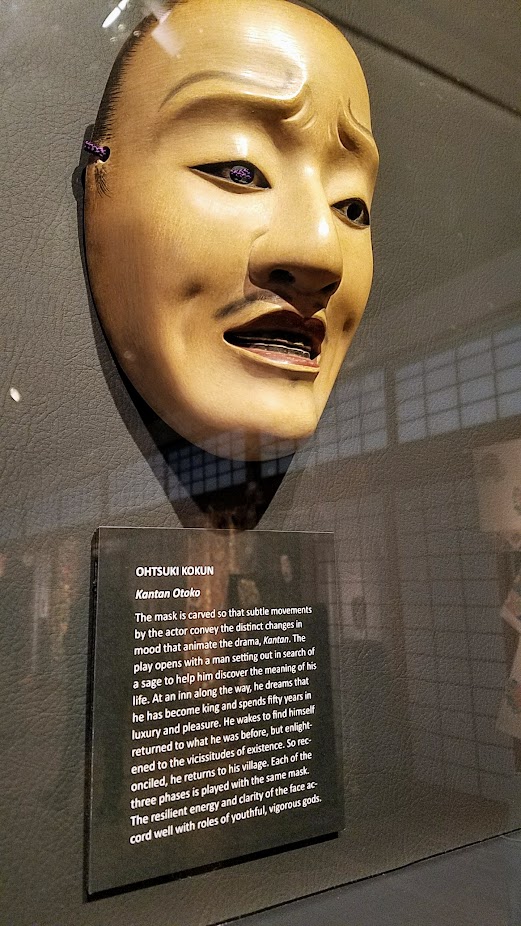
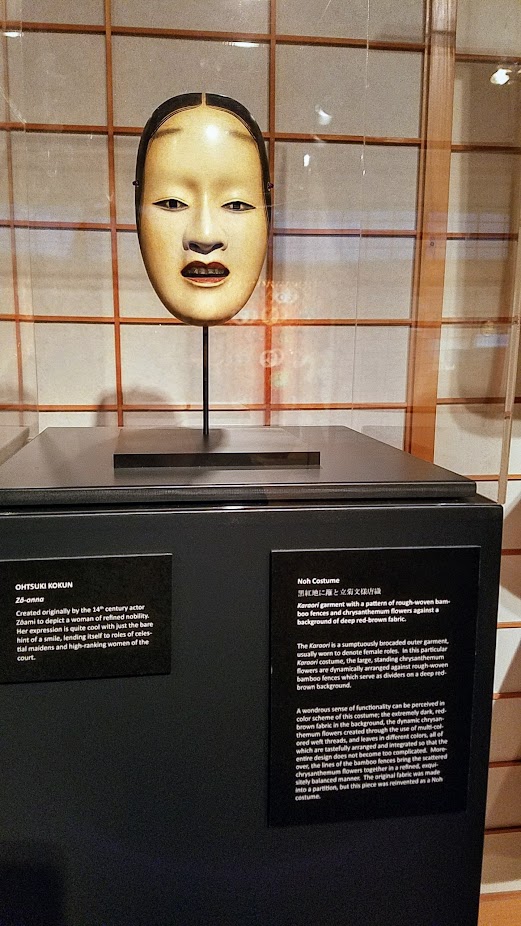

The Portland Japanese Garden’s Noh Masks exhibits not only includes 30 masks, but several costumes as well.
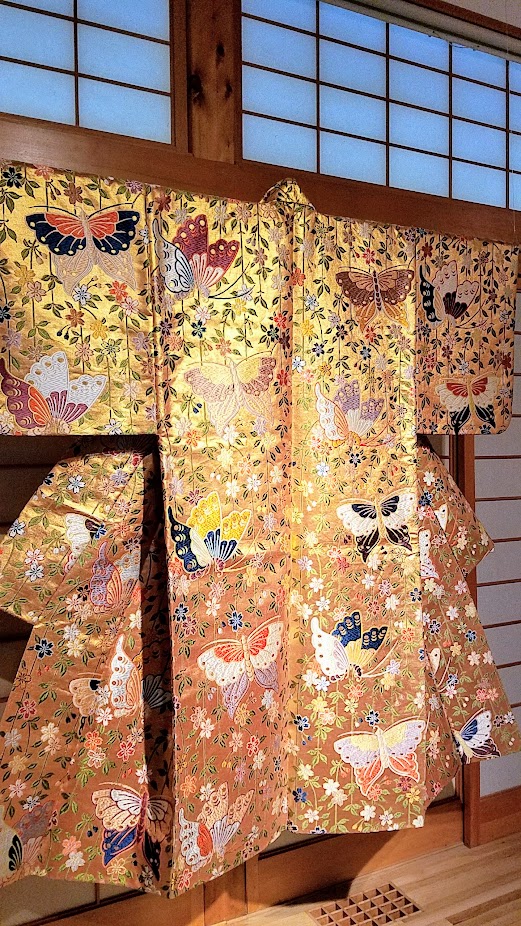

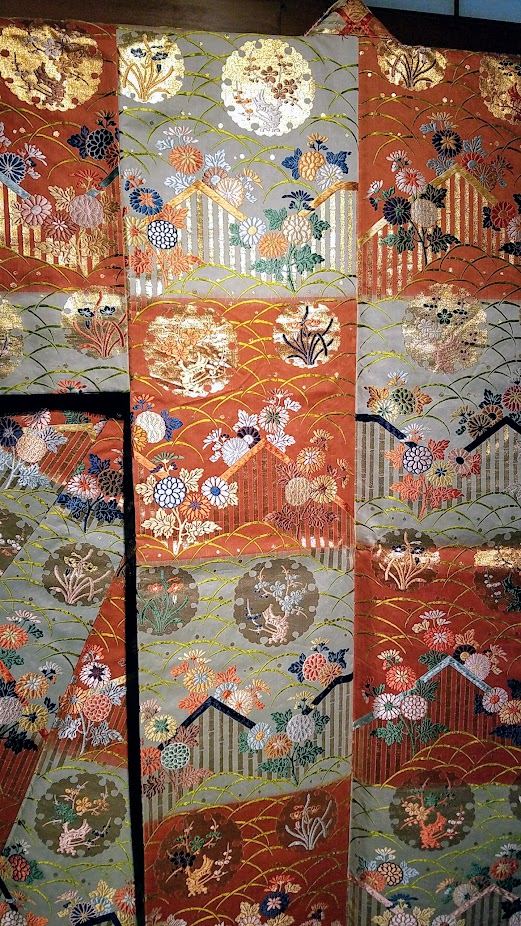
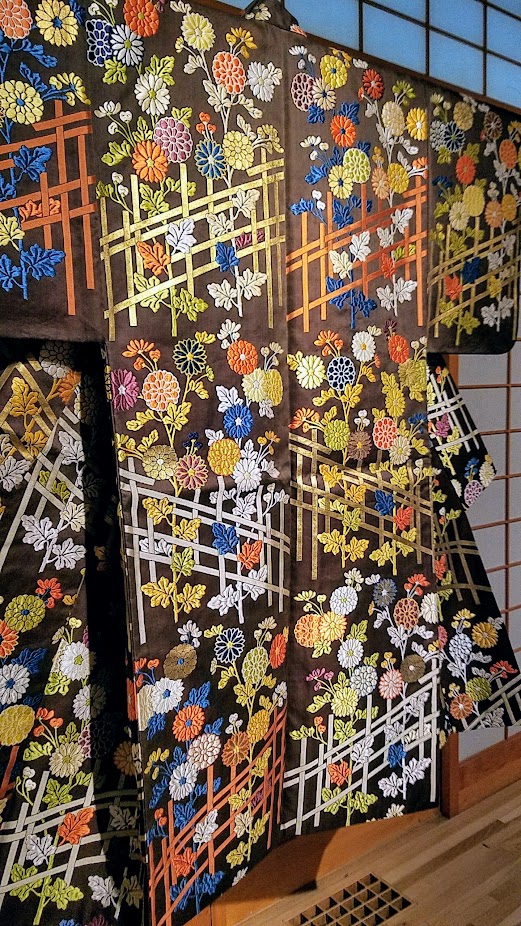
Do you have any favorite tips or places to take fall photos, can you share them?










Speak Your Mind